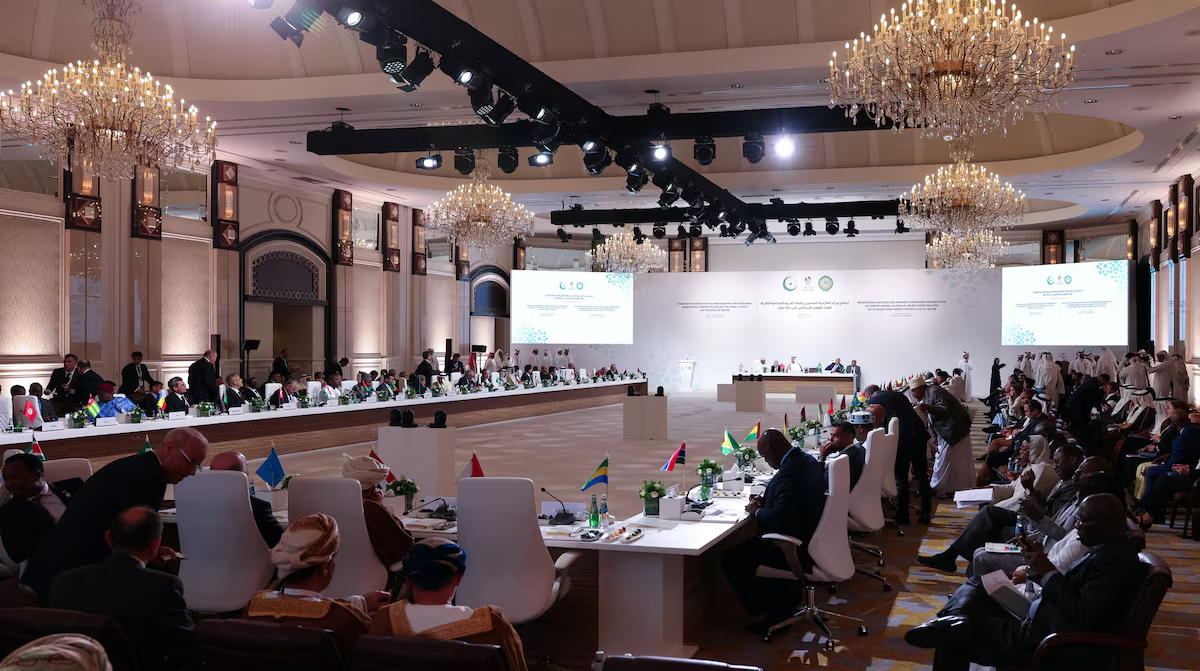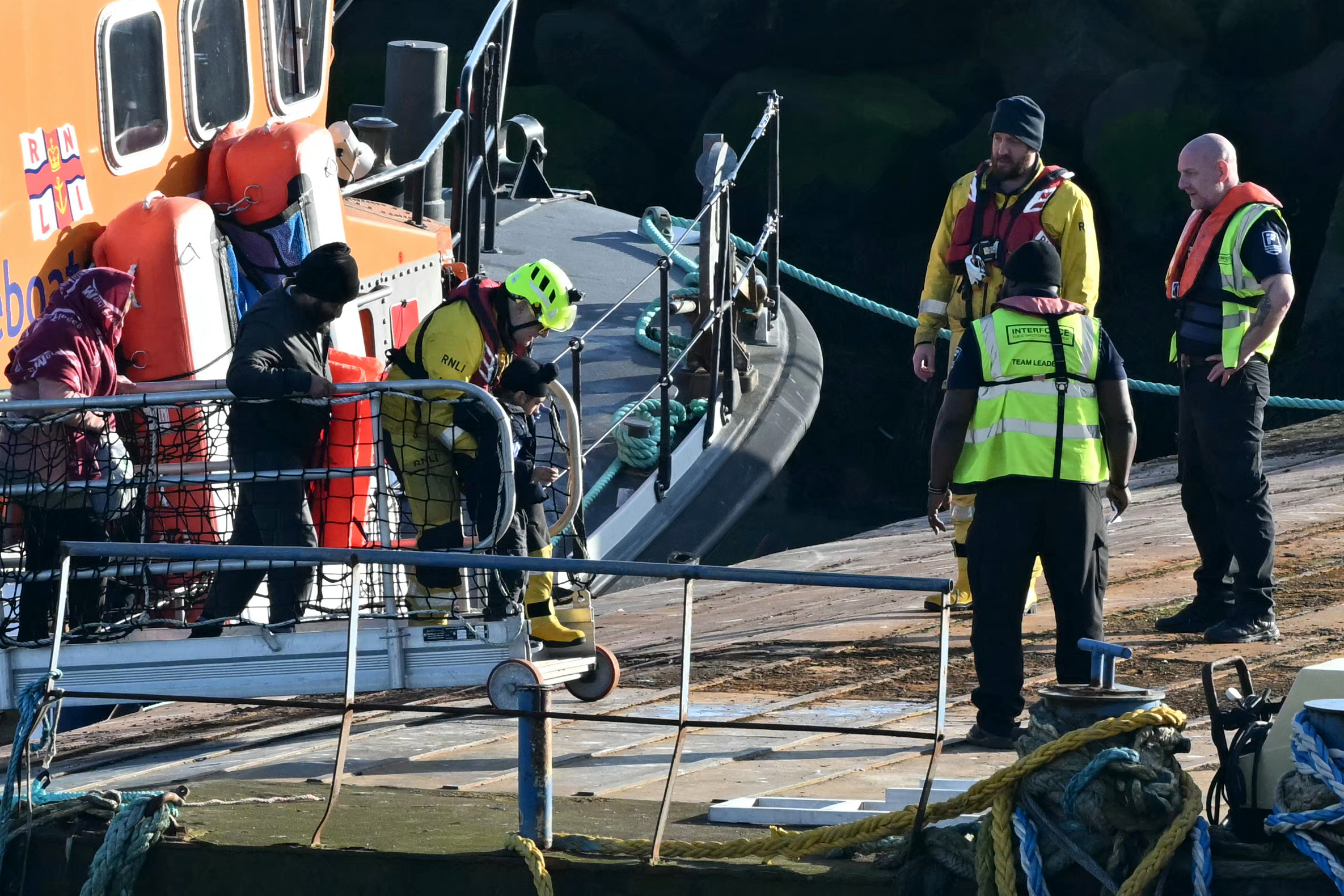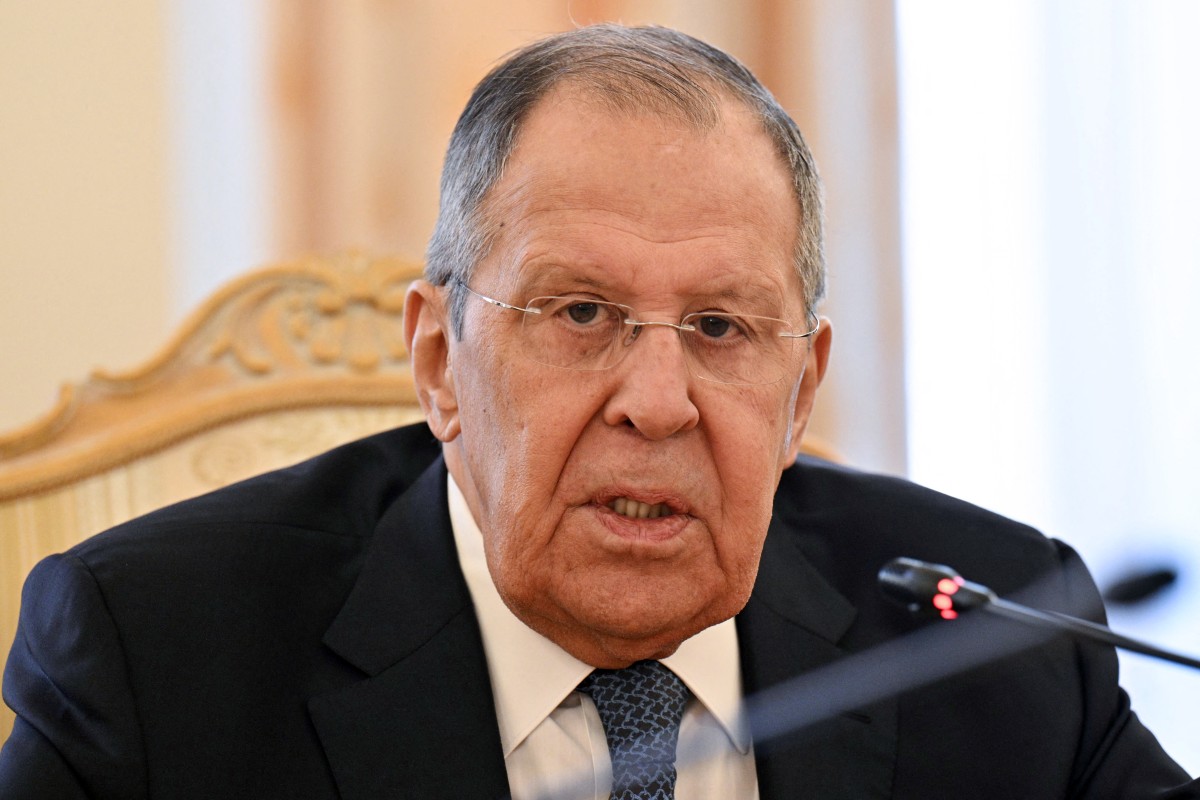ISLAMABAD: On the eve of an emergency summit, Qatar’s Prime Minister Sheikh Mohammed bin Abdulrahman Al Thani called on the world to reject double standards and hold Israel accountable for the devastating strike in Doha, AFP reported Sunday.
The unprecedented attack, carried out by one U.S. ally on the territory of another, has sparked widespread condemnation, including sharp criticism from former U.S. President Donald Trump.
Scheduled for Monday, the emergency summit brings together Arab and Islamic leaders to demonstrate regional solidarity and ramp up pressure on Israel amid escalating violence and a deepening humanitarian crisis in Gaza.
“The time has come for the international community to stop using double standards and to punish Israel for all the crimes it has committed,” Sheikh Mohammed said at a preparatory meeting, condemning what he described as Israel’s “war of extermination” in Gaza.
He added, “What is encouraging Israel to continue... is the silence, the inability of the international community to hold it accountable.”
Key figures expected at the summit include Iranian President Masoud Pezeshkian, Iraqi Prime Minister Mohammed Shia al-Sudani, and Turkish President Recep Tayyip Erdogan. Palestinian President Mahmoud Abbas arrived in Doha Sunday ahead of the event.
Pakistan’s Prime Minister Shehbaz Sharif will also participate. Co-sponsoring the summit, Pakistan’s Ministry of Foreign Affairs highlighted its context, Israeli airstrikes on Doha, attempts to occupy Gaza, expanded settlements in the West Bank, and the forced displacement of Palestinians.
Draft resolution to condemn Israeli actions
Qatar’s foreign ministry spokesman, Majed al-Ansari, said the summit will review a “draft resolution on the Israeli attack on the State of Qatar,” AFP reported.
According to a draft seen by Reuters, Arab and Islamic leaders will warn that Israel’s attack on Qatar and ongoing “hostile acts” threaten regional peace and efforts to normalize ties. The resolution condemns “genocide, ethnic cleansing, starvation, siege, and colonizing activities and expansion policies” by Israel, which jeopardize current and future normalization agreements.
Turkish Foreign Minister Hakan Fidan told Al Jazeera, “The question of Israel’s behavior is no longer just a Palestine-Israel issue.” He stressed, “The biggest problem right now is Israeli expansionism in the region,” urging Arab and Islamic countries to unite in seeking solutions.
Harvard Middle East Initiative fellow Elham Fakhro expects the Gulf states to use the summit to pressure Washington for stronger control over Israel’s actions and enhanced U.S. security guarantees. Fakhro said, “Israel’s actions expose the inadequacy of current assurances and have undermined U.S. credibility as a security partner.”
Karim Bitar, Middle East lecturer at Sciences Po University, described the summit as a “litmus test” for Arab and Muslim leaders facing constituents “sick and tired of the old-style communiques.” He added, “They want to send a strong signal not just to Israel but also to the U.S. that the era of giving Israel a blank check is over.”
Qatar hosts the largest U.S. military base in the region and serves as a key mediator in the Gaza conflict alongside the U.S. and Egypt. Sheikh Mohammed met with former President Trump during a U.S. visit on Friday.
Hamas representative Bassem Naim expressed hope that the summit will produce “a decisive and unified Arab-Islamic position.”






